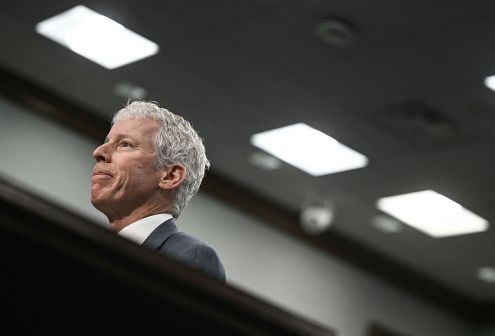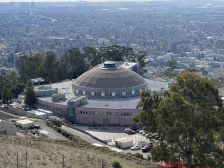The Energy Department’s National Laboratories have recently been trying to further the bond between the department and industry innovators.
By increasing technology transfers — which allow private industry partners to safely share technical expertise and access intellectual property and data — DOE is seeking to advance the commercialization of federally developed technologies, something the department says is critical to push innovation forward . These transfers, done through Cooperate Research and Development Agreements, enable DOE to partner with private companies and give them access to the national labs’ equipment and expertise to exchange and develop ideas in a protected environment.
“The development of these transformative solutions has great potential for direct application across the energy industry,” Judith Kargbo, deputy press secretary for regional and online outreach, said in an Aug. 26 blog post. “For this reason, the process of transforming innovation into commercialization — technology transfer — is critical to the work at the Energy Department.”
One of these methods is Work for Others, an agreement allowing industry partners to pay DOE to use its labs, facilities, personnel and equipment to conduct a particular project. Industry partners get access to specific facilities and equipment available at the labs to conduct their research.
In another agreement — the User Agreements for Designated User Facilities — there are two types of users: proprietary and nonproprietary. Proprietary users pay the full cost of doing research at the lab and have certain rights to the intellectual property and data. Nonproprietary users agree to publish the research results and do not have to pay to use the facility.
Each agreement also entitles the industry partner to a varying degree of rights over any intellectual property created. In a Work for Others agreement, the industry partner keeps certain intellectual data and property rights from their sponsored work at the lab. With a User Agreement for Designated User Facilities, if industry partners pay for the lab use, they have some intellectual property rights. If they publish the results, they’re not required to cover cost of the use of the facility.
These different types of agreements have created a gateway for entrepreneurs and startups to innovate, with initiatives such as the Energy Innovation Portal and “America’s Next Top Energy Innovator Challenge.” The Energy Innovation Portal is a resource of patents and patent applications, technology marketing summaries and stories of successful innovators and entrepreneurs.






